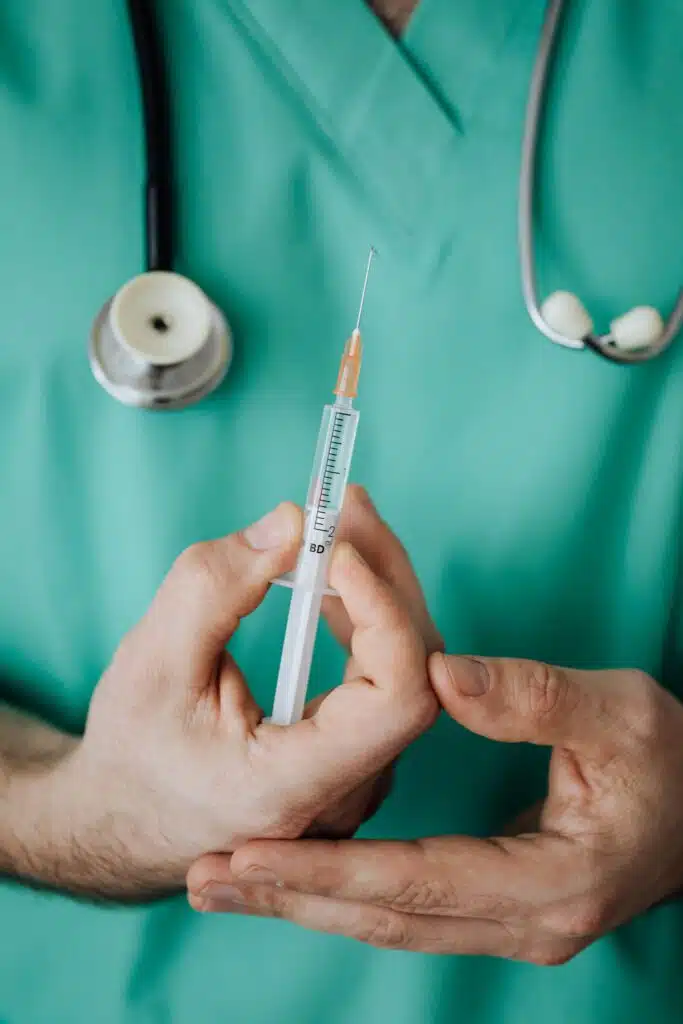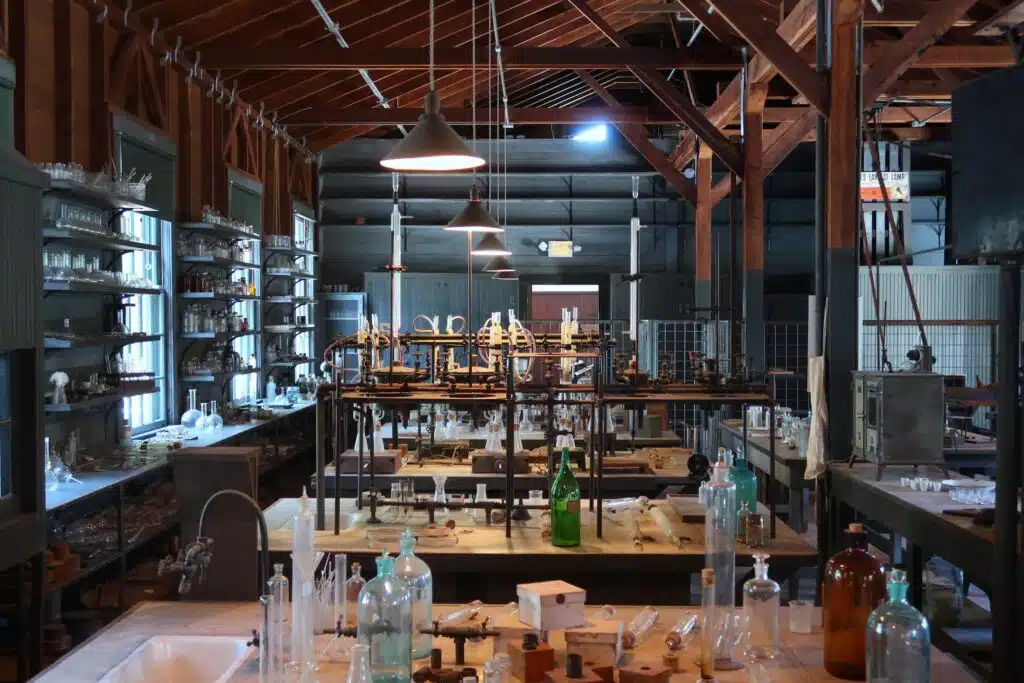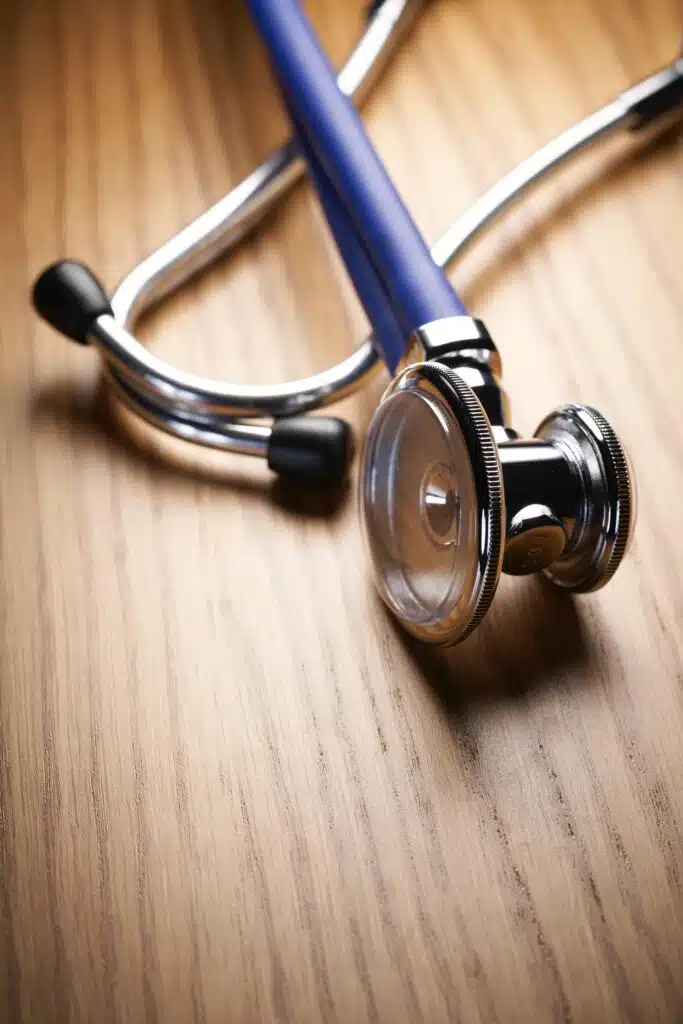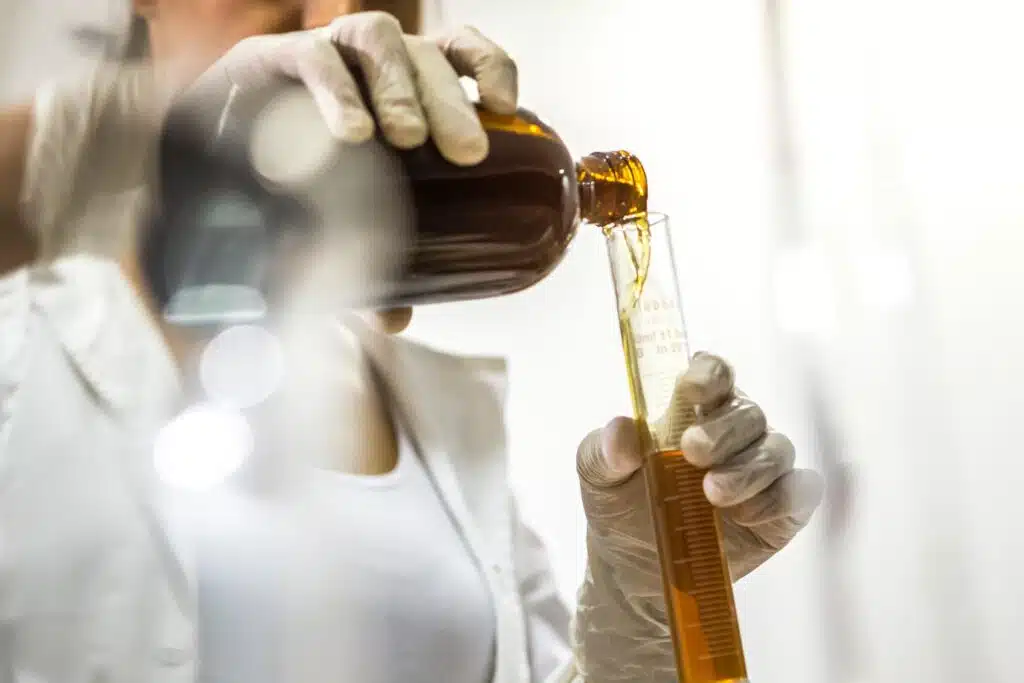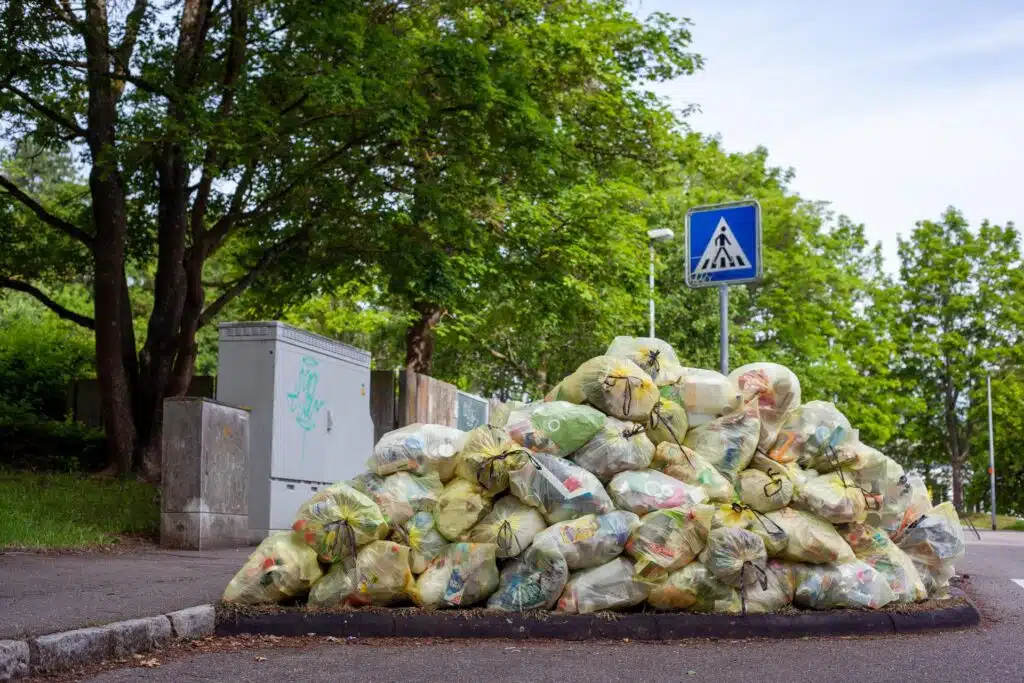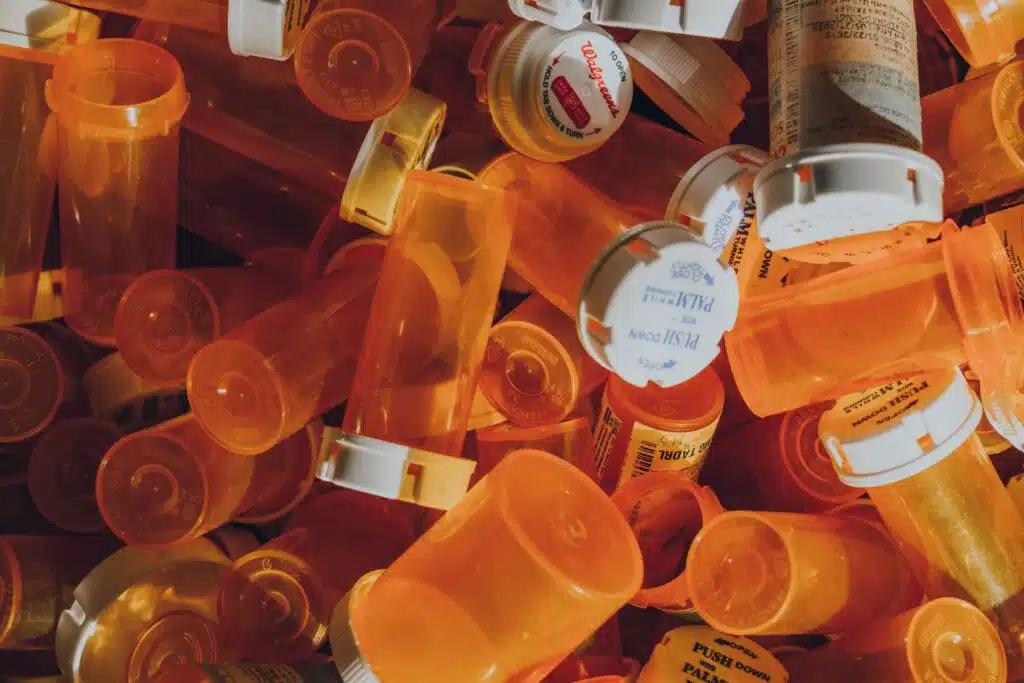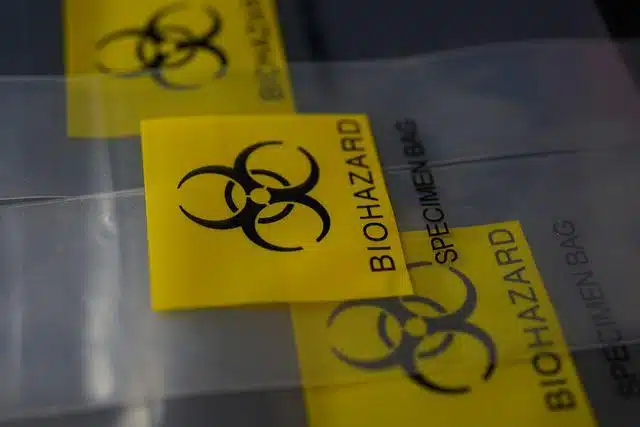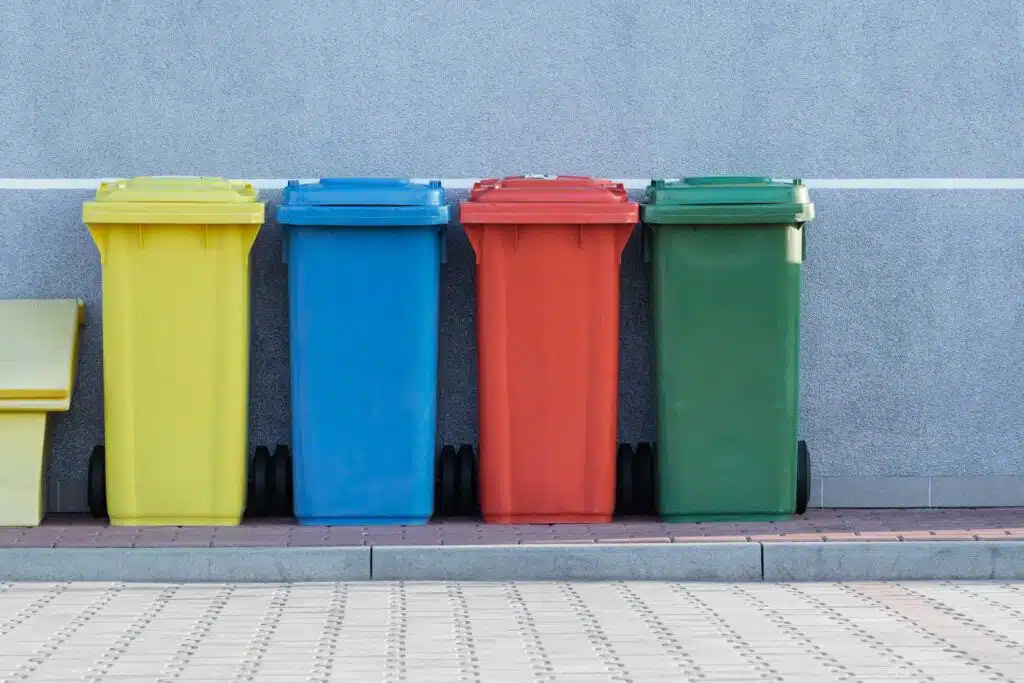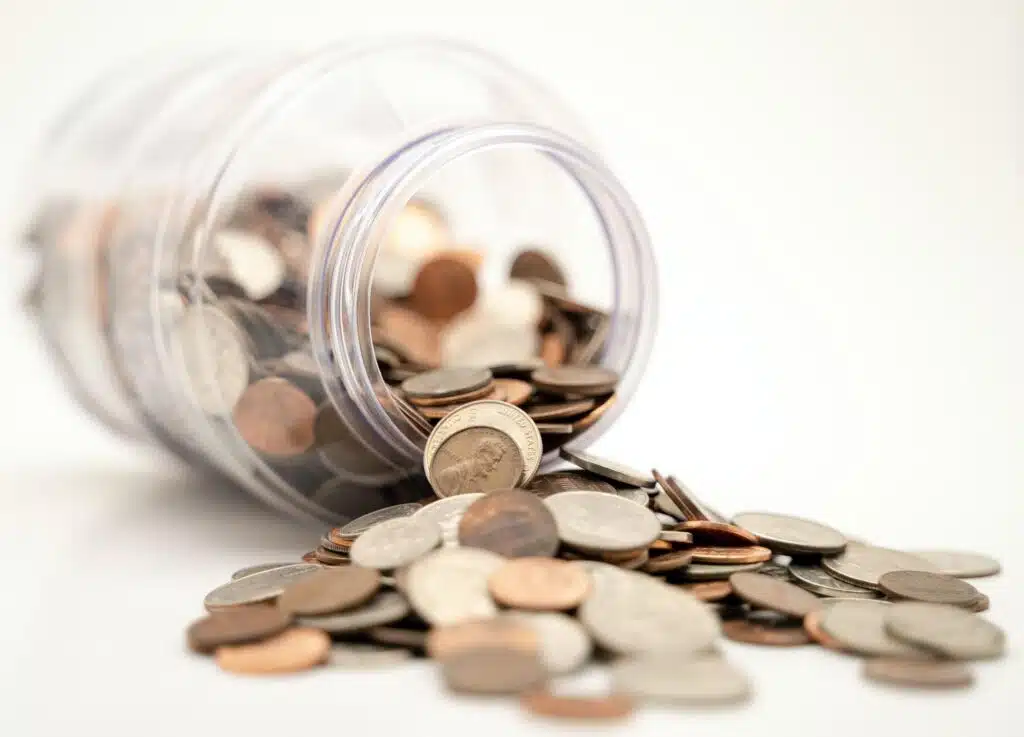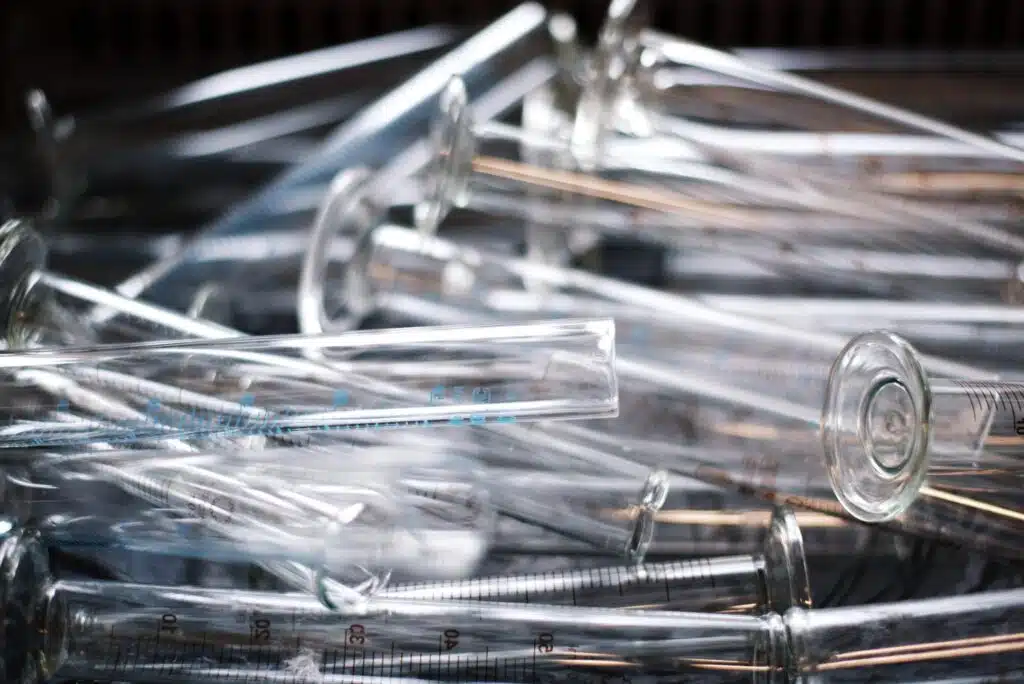Posts by mpalmer
What Makes Biohazard Containers Safe?
From doctor’s offices and dental practices to tattoo parlors and medspas, biohazard containers are essential for the safe disposal of hazardous materials. Since you want to keep your staff, patients and customers safe, using a biohazard container that meets appropriate standards is important. And using a waste disposal service to provide these kinds of materials…
Read MoreWhat types of waste do medical disposal companies handle?
Medical waste disposal companies handle a variety of materials from doctor and dentist offices, laboratories, pharmacies, and hospitals. Waste that requires special disposal can include anything from used needles and syringes to open wound dressings and soiled sheets. By regulating medical waste disposal, cities, states, and federal organizations can protect the public from infection or…
Read MoreHow to Ensure OSHA Compliance in your St. Louis Doctor’s Office
A critical duty in your medical practice is ensuring that you’re compliant with the Occupational Safety and Health Act 1970 (OSHA). OSHA inspectors may visit your office if someone makes a complaint, prompting a safety audit. Whether or not it comes to that, following OSHA regulations is essential for protecting your employees from harm, maintaining your practice’s…
Read MoreBest Pharmaceutical Waste Disposal Service Methods
Strict laws govern how medical offices and companies can dispose of their waste. It’s crucial––to ensure your organization remains compliant––to work with an experienced and professional waste disposal service. Some people don’t know the regulations for pharmaceutical waste and medical waste differ, and there are different laws for hazardous waste and DEA-listed pharmaceuticals. This blog…
Read MoreQuick guide to hazardous waste disposal in St Louis
For many industries, generating hazardous waste is simply inescapable. That’s why it’s a good thing that there are certain procedures in place for safely disposing of them. If your business generates hazardous waste, it’s important to know how to properly dispose of them. Failure to do so can land your business in serious trouble. In…
Read MoreHow to Make Sure Your Dentist Office Is Medical Waste Compliant
Like most dental offices, you likely have numerous patients coming and going daily for various procedures and treatments. This means your practice probably generates a substantial amount of waste—some of which is considered hazardous. For this reason, you and others in your office need to know how to dispose of medical waste properly to keep…
Read MoreWhat should veterinary clinics know about their medical waste disposal company?
If you oversee a medical center or veterinarian’s clinic, you likely need a service to handle your medical waste disposal in Madison. Medical waste is an unavoidable aspect of providing medical care to humans and animals. Just like human clinics, veterinarian offices need to dispose of waste. Not only are these items potentially hazardous to…
Read MoreHow To Contract Medical Disposal Services
Proper disposal of medical waste materials is vital to the health and safety of the surrounding community. When your practice hires a medical waste disposal service, it is important to make sure the third-party company offers a handful of essential things to keep your business running safely. Below we discuss the critical things to look…
Read MoreHow much does biohazard waste disposal cost?
Disposing of biohazardous medical waste correctly is essential for avoiding potential lawsuits, injuries to your colleagues, and other potentially serious risks. The cost of mitigating this risk, though, can be a high one. There are quite a few factors that determine exactly how expensive of a process this could be for you, but no matter…
Read MoreBiohazard Bags and Other Waste Management Supplies You Need for Your Tattoo Parlor
If you own or manage a tattoo and piercing studio, you’re likely aware that it’s crucial to be mindful of the waste that is produced within your studio. Many of the waste products your artists handle are considered health hazards since they are exposed to blood and other bodily fluids and require special handling under…
Read More